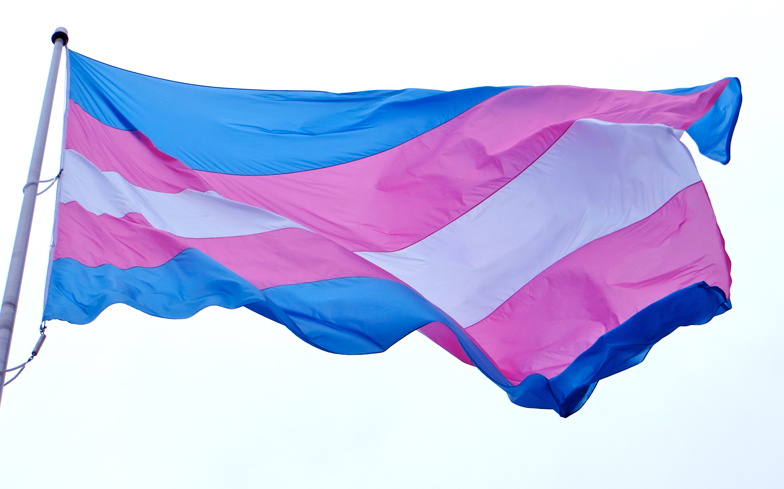On Tuesday, Pakistan’s parliament passed a progressive piece of legislation that offers support and protection for their transgender citizens.
The Transgender Person (Protections of Rights) Act will ensure that trans people will have their gender recognised on official government documents.
That includes passports, driver’s licenses, and other government-issued paperwork.
It will also prohibit discrimination against transgender people in workplaces, healthcare, schools, universities, and on public transport.
Moreover, Pakistan’s government have laid out a number of obligations to the transgender community, which includes protection centres and safe houses, access to psychological care, and raising awareness around trans issues.
The bill clearly states that Pakistani citizens have the right to express their gender as they so wish, and can identify with a gender according to “a person’s innermost and individual sense of self as male, female or a blend of both, or neither; that can correspond or not to the sex assigned at birth.”
The new legislation has been greeted with surprise and praise from LGBTQ activists in the country, including Mehlab Jameel who helped write the bill.
“I heard about this yesterday morning and I was in a state of shock because I never thought something like this could happen within my own life in Pakistan,” she told NPR.
“This kind of development is not only unprecedented in Pakistani history, but it’s one of the most progressive laws in the whole world.”
The bill will now go to Pakistani President Mamnoon Hussain, who has to sign it into law. It’s not yet clear when it will come into effect.
While this piece of legislation is being celebrated as a “step in the right direction,” some activists are still cautious.
Munir Saadat, a Pakistani-Danish activist and creative director of Aks International Minorities Festival, said: “You have to look at Pakistan as a country. Even though there are rules, even basic rules in Pakistan are not implemented correctly because of corruption.”
What’s more, the bill doesn’t outline the penalties for people who continue to discriminate against trans people, and it does not address the rights of gay, lesbian and bisexual citizens.
Related: Maavia Malik makes history as the first trans newscaster on Pakistani television




